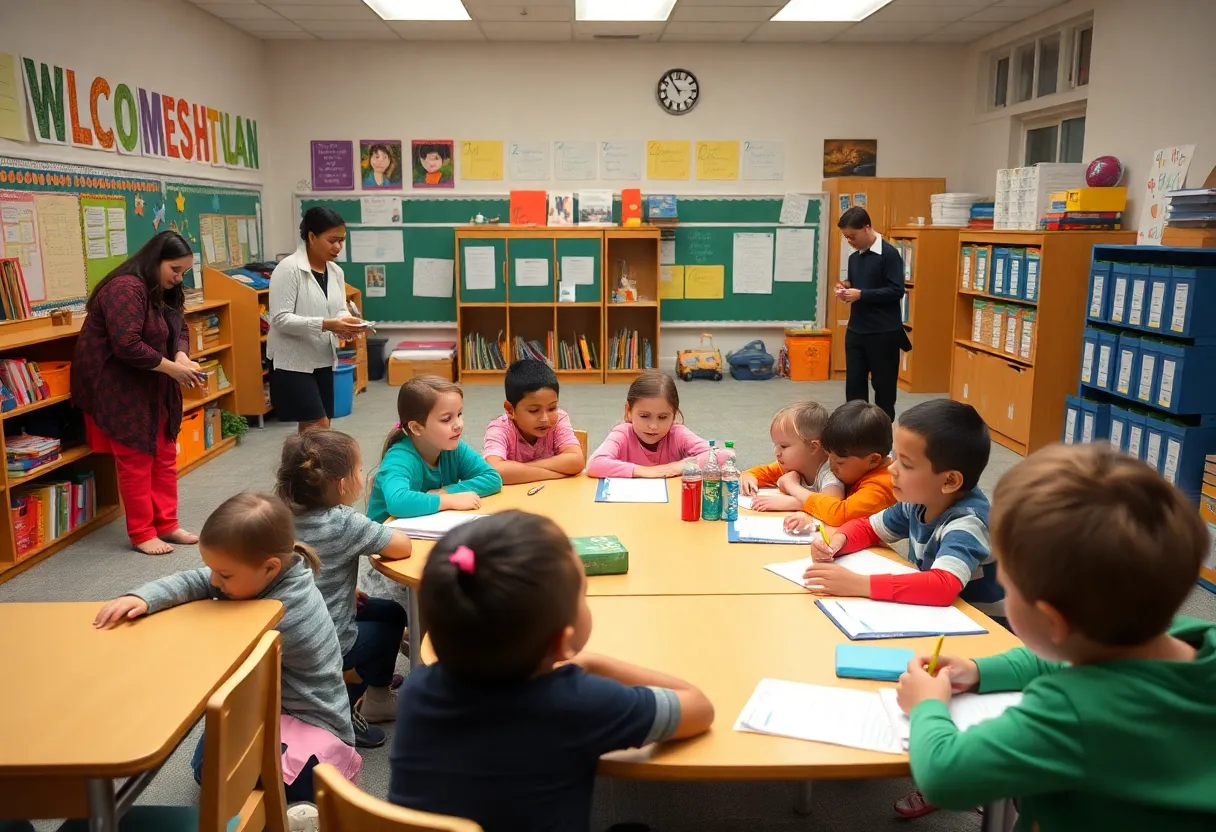News Summary
The 119th Congress is reviewing pivotal bills that could reshape the music industry. This includes the Restoring Artistic Protection Act to protect rap lyrics in court, the NO FAKES Act guarding against unauthorized digital likeness use, and others aimed at supporting artists’ rights. Advocacy from organizations like the Recording Academy and RIAA highlights the urgency of these legislative actions, which address key issues such as licensing, royalties, and fair ticketing practices.
Washington, D.C. – As the 119th Congress reconvenes, several significant bills that could shape the future of the music industry are under consideration. These proposed legislative actions aim to address various issues such as songwriting, licensing, royalties, ticketing, and live performances, with the potential to significantly impact artists and music creators across the nation.
Key organizations within the music industry, including the Recording Academy and the Recording Industry Association of America (RIAA), are advocating for the passage of these bills. Among the notable pieces of legislation is the Restoring Artistic Protection (RAP) Act, which seeks to prevent the use of rap lyrics as evidence in federal prosecutions. This bill, reintroduced in 2023, has garnered bipartisan support and is backed by major players in the music industry such as Warner Music Group, Universal Music Group, and Live Nation.
Another important piece of legislation is the NO FAKES Act, which aims to protect artists from unauthorized uses of their digital likenesses, particularly in the context of AI deepfakes. This act would allow artists to license their image and seek legal action against misuse, receiving bipartisan sponsorship alongside support from major tech firms like YouTube.
The American Music Tourism Act is designed to bolster music-related tourism within the United States, promoting significant music sites. This act has successfully passed both the House and Senate and is now awaiting a finalized version that can be enacted into law. In addition, the American Music Fairness Act was reintroduced with the intent to require terrestrial radio stations to compensate musicians with performance royalties, addressing a long-standing issue in the industry.
Other notable legislative efforts include the Mitigating Automated Internet Networks (MAIN) for Event Ticketing Act, which focuses on enforcing laws against ticket-buying bots to ensure fair access to concert tickets. The Transparency in Charges for Key Events Ticketing (TICKET) Act mandates that ticket sellers disclose full prices, including any additional fees, before the checkout process. This act has passed the House and is pending Senate approval. Furthermore, the Protecting Outdoor Concerts Act would allow the Federal Aviation Administration to restrict airspace around outdoor music events to enhance safety, with bipartisan support currently being evaluated in Congress.
The HELP Independent Tracks Succeed (HITS) Act is geared toward providing financial relief to independent artists by allowing them to deduct recording expenses upfront, a significant step aimed at assisting smaller creators in the industry.
Recent statistics reveal over 800 documented instances where artists’ lyrics have been utilized as evidence in court, further showing the necessity for the RAP Act to safeguard artistic expression. Additionally, ongoing hearings have raised significant concerns regarding artificial intelligence companies training their models using copyrighted works without prior consent. These developments have underscored the urgent need for improved regulations in AI development that respects copyright laws.
In an effort to bolster advocacy for pro-music policies, the Recording Academy has engaged in grassroots initiatives aimed at promoting legislative actions beneficial to the music community. Upcoming events, such as Music Advocacy Day 2025, are planned to connect music creators directly with lawmakers to further champion new legislation impacting the industry.
Overall, the legislative landscape for the music industry is evolving, and as these bills advance through Congress, their outcomes could have profound implications for artists and the broader music community in the United States.
Deeper Dive: News & Info About This Topic
HERE Resources
Additional Resources
- Billboard: Music Related Bills in Congress
- Wikipedia: Music
- Forbes: UK’s Data Bill and Music Industry
- Google Search: Music Industry Legislation
- Recording Academy: Key Music Bills in Congress
- Encyclopedia Britannica: Music Law
- UT Daily Beacon: Tennessee Legislative Music Bills
- Google News: Music Copyright Laws

Author: STAFF HERE WASHINGTON DC
The WASHINGTON DC STAFF WRITER represents the experienced team at HEREWashingtonDC.com, your go-to source for actionable local news and information in Washington, DC, and beyond. Specializing in "news you can use," we cover essential topics like product reviews for personal and business needs, local business directories, politics, real estate trends, neighborhood insights, and regional news affecting the area—with deep expertise drawn from years of dedicated reporting and strong community input, including local press releases and business updates. We deliver top reporting on high-value events such as the National Cherry Blossom Festival, Kennedy Center Honors, and the Washington Auto Show. Our coverage extends to key organizations like the Greater Washington Board of Trade and Destination DC, plus leading businesses in government contracting and technology that power the local economy such as Lockheed Martin and Amazon. As part of the broader HERE network, we provide comprehensive, credible insights into the dynamic landscape of the Washington metropolitan area.




